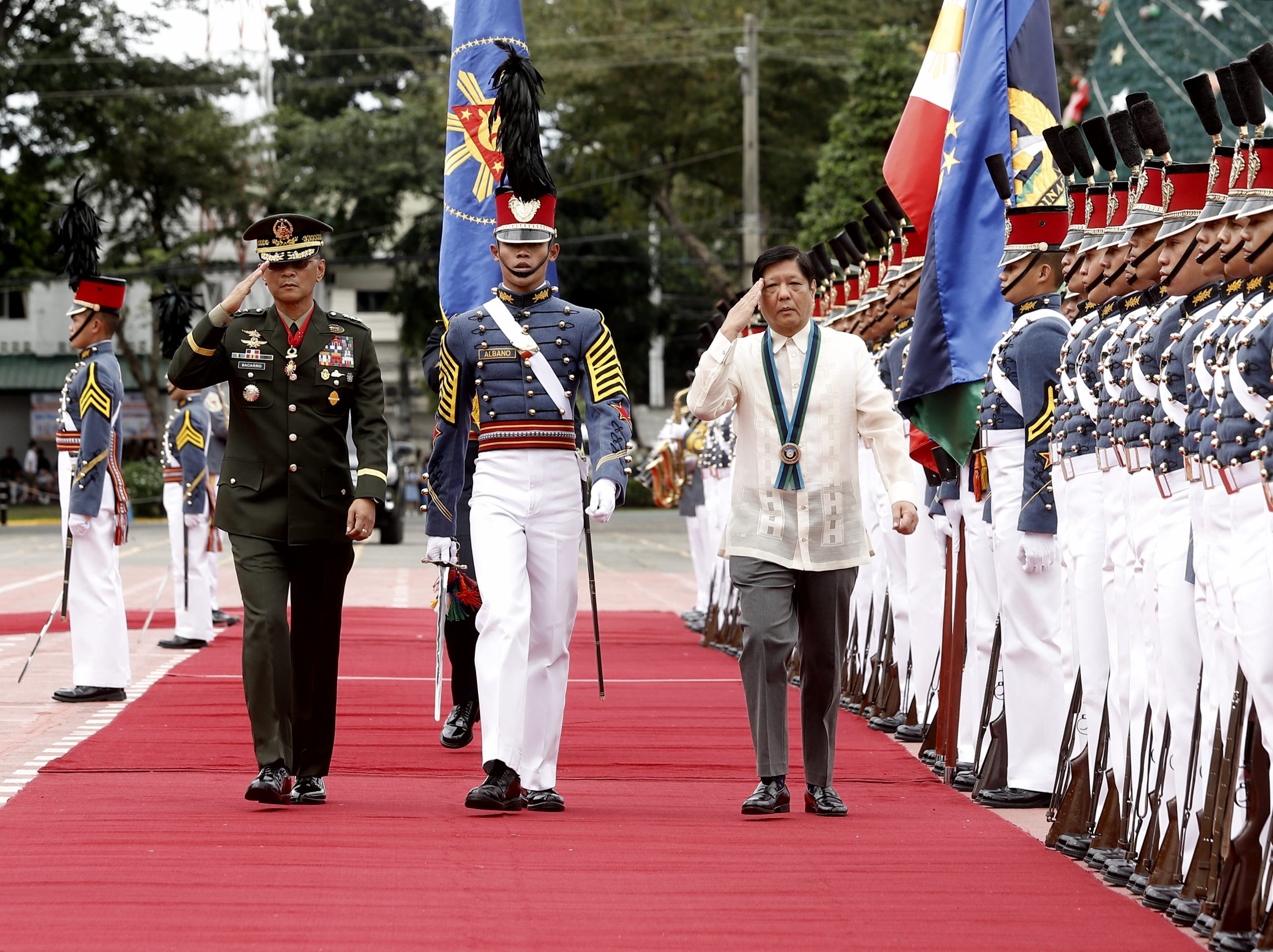MANILA, July 31 — Bangko Sentral ng Pilipinas (BSP) Governor Nestor Espenilla Jr. vows further foreign exchange liberalization to help address rising financing requirements of the domestic economy.
Espenilla said bank lending continues to be robust but noted that these financial institutions cannot sufficiently fund increasing needs, thus, the need to also support the local currency debt market.
“We believe this is a crucial component to sustain the economy’s growth momentum,” he said.
Espenilla said monetary officials also bid to develop the domestic debt market due in part to the developments in the foreign exchange market.
To date, the peso is trading its near 11-year low to a greenback at around 50-level.
Espenilla said daily peso-dollar trading volume averages to around USD600 million to date but cited that when the central bank started to collect data, the volume reaches to more than USD1 billion.
“For transactions to be happening in the unregulated parallel markets, this has got to change,” he pointed out, thus, the needed reforms.
The central bank chief said the reforms he intends to pursue aims to make foreign exchange transactions “more risk-based but transparent.”
He said that “notwithstanding the waves of liberalization that the BSP has announced in the past, we recognize that the foreign exchange market today remains restrictive, difficult, opaque, shallow.”
“It is a throwback to time when fx (foreign exchange) was scarce and reserves were meager and market confidence was very low,” he said.
“Today, it’s an entirely different picture. To preserve those kinds of rules in a market that is rapidly growing is to impede the growth of market itself. It simply adds to cost of doing business and just creates a bigger and bigger black market,” he said.
Espenilla, who assumed his post on July 3, 2017, said foreign exchange liberalization will be “a very important focus of my term.”
“We will also continue to reshape the financial system so that it is truly responsive to the needs of the domestic economy. Here we have to recognize technology,” he added.
The last foreign exchange liberalization of the BSP was implemented in August 2016, which allowed Filipinos to buy as much as USD500,000 from banks without supporting documents from USD120,000 previously.
Limit for foreign exchange purchase of corporates was hiked to USD1 million.
It is the 11th forex liberalization of the central bank. (Joann S. Villanueva/PNA)

